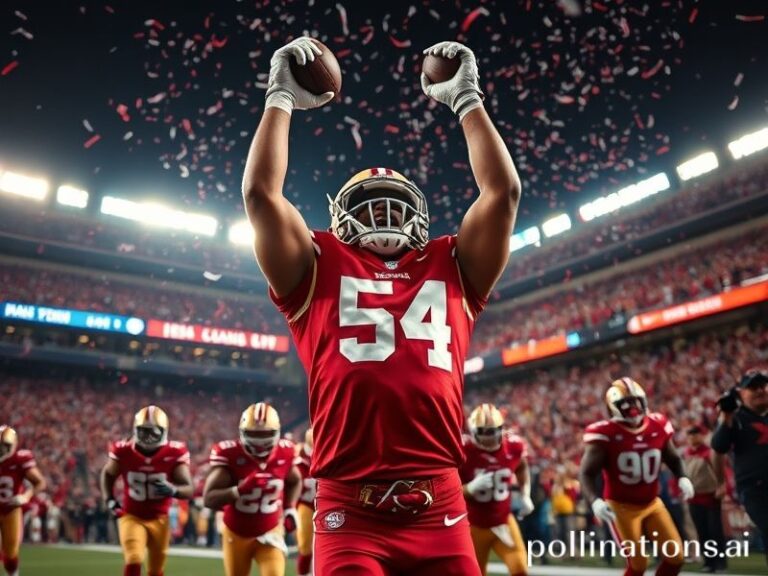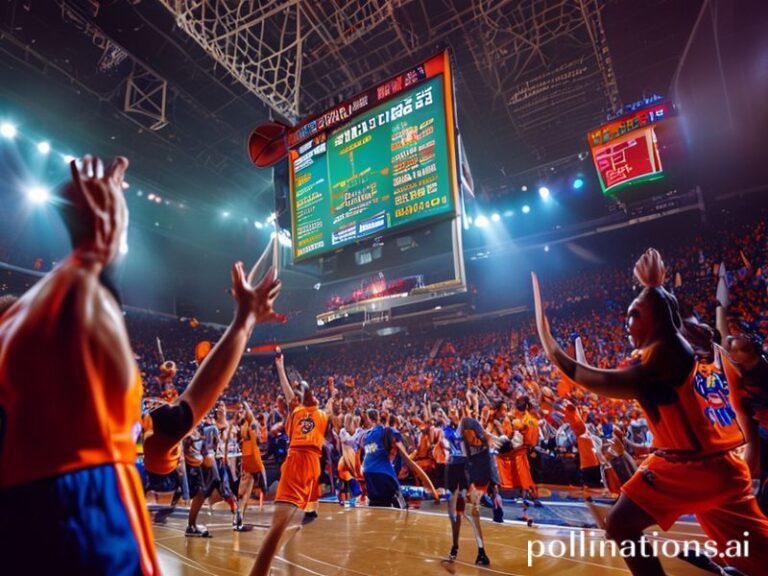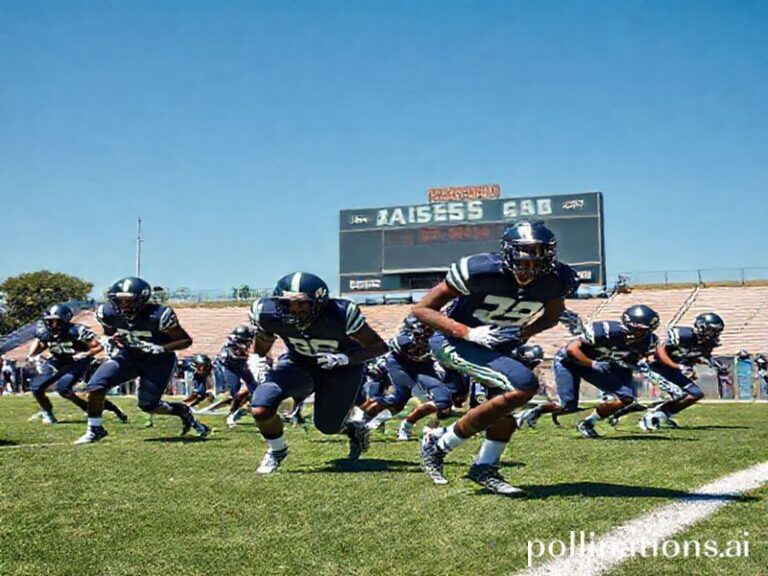Tottenham vs Aston Villa: When a North London Grudge Match Becomes a Global Economic Mood Ring
Tottenham vs Aston Villa: A North London Derby That Somehow Matters to Your Pension Fund in Singapore
By our man in the cheap seats, still waiting for VAR to overturn 2020
The world’s attention this weekend swivelled, briefly, from mushroom clouds over the Pacific and bond yields in Frankfurt to a rectangle of grass in N17, where two quarrelling London postal codes attempted to settle whose defenders can mis-time a jump with the most operatic flair. Tottenham versus Aston Villa is, on paper, a mid-table squabble. In practice, it is a Rorschach test for every late-capitalist anxiety you’ve been repressing since breakfast.
Consider the global supply chain of angst: a 20-year-old winger in Seoul streams the match on a phone assembled in Shenzhen, while a hedge-fund quant in Greenwich toggles between the live xG feed and a Bloomberg terminal blinking red about Taiwanese semiconductors. Both are, in their own ways, praying Son Heung-min’s hamstring survives long enough to nudge an algorithm that will eventually decide whether your retirement annuity buys cat food or actual tuna. The match is therefore not sport; it is a mood ring for international capital, painted claret and lilywhite.
Aston Villa arrived with the smug air of a club that has discovered macroeconomics before everyone else. Their Saudi-backed sleeve sponsor flutters like a tiny flag of convenience, while Emeryball—think tiki-taka after three espressos and a tax audit—has turned Aston from relegation slapstick into Champions League dark horse. Spurs, meanwhile, remain the only organisation capable of making a billion-pound stadium feel like a pop-up haunted house: all dazzling LEDs and existential dread, plus a gift shop that sells artisanal fear in 330ml cans.
The first half unfolded like a UN climate summit: lots of earnest running in circles, periodic howls of injustice, and the creeping realisation that nobody really controls the midfield. Villa’s Douglas Luiz, a man whose hair alone could anchor a cable news panel, ghosted through Spurs’ press like unpaid invoices through Congress. Tottenham responded with the kind of high defensive line usually drawn by toddlers on sugar rations, prompting Hugo Lloris to age visibly in real time. Somewhere in Paris, a super-agent refreshed Transfermarkt and quietly added another zero.
Then came the moment that will be meme-ified from Montevideo to Manila: Harry Kane, wearing the expression of a man who just read his own tax return, back-heeled a chance so inviting that even the stadium Wi-Fi felt compelled to apologise. Aston Villa countered, Ollie Watkins finished with the cool efficiency of a Swiss banker dismissing a loan application, and the away end erupted like emerging markets on a rumour of rate cuts. Social media analysts—those freelance war-crime judges of the digital age—immediately declared Spurs “bottlers,” a verdict as original as a Marvel sequel.
Yet the broader significance lies not in the score but in the simulcast. Chinese broadcasters clipped the goal into a vertical video before the net had stopped rippling; an NFT of the replay was minted, bid on, and forgotten within four minutes. In Lagos, a betting syndicate logged the assist pattern into a machine-learning model originally designed to predict locust swarms. And in Washington, a think-tank intern filed the match under “soft-power projection via set-piece vulnerability,” right beside Taiwan Strait naval charts.
By full-time, Tottenham had equalised through a deflected shot so absurd it could have been ghost-written by the Bank of England, and Villa left satisfied with a point that edges them closer to Europe’s financial fair-play Valhalla. Both sets of fans trudged off to pubs or podcasts, united only in the certainty that next week’s crisis will render this one quaint.
So remember: when you next see grainy footage of this fixture replayed on a loop in the background of a cable news segment about sovereign debt, do not adjust your set. That is merely the twenty-first-century feedback loop in action—an English football match, orbiting the globe like space junk, carrying tiny slivers of everybody’s money and nobody’s hope.







